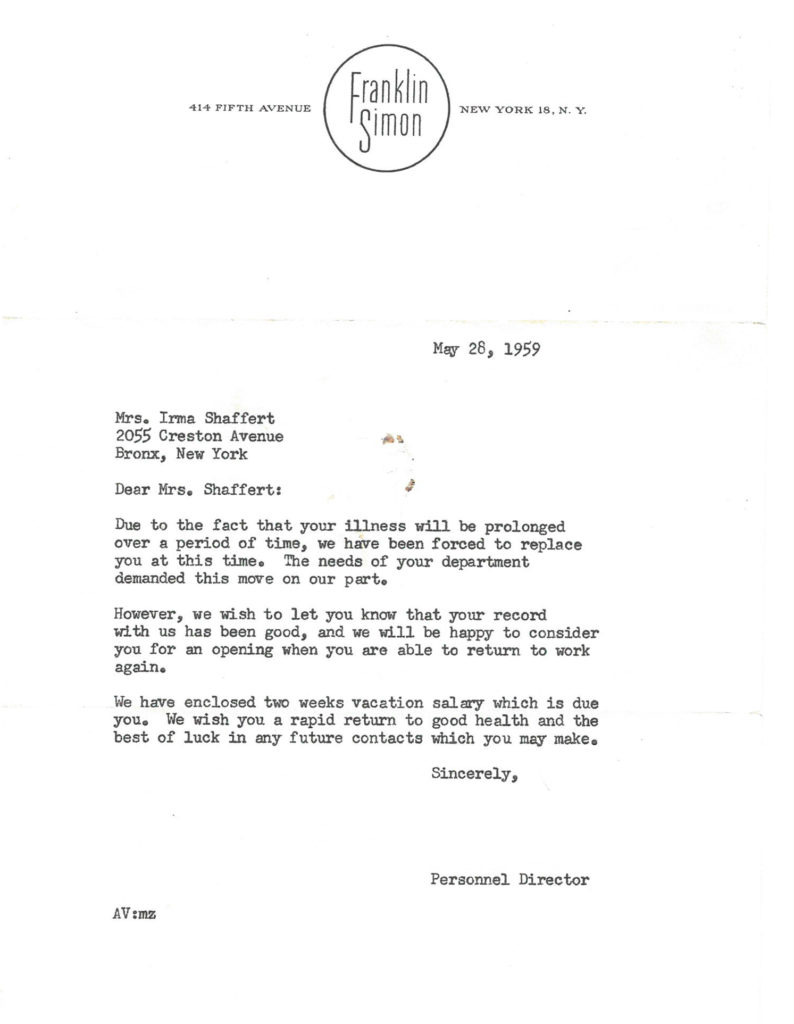PARSIPPANY, N.J. (December 1, 2016) – Baymont Inn & Suites unites with The Arc – a leading national advocate for people with intellectual and developmental disabilities (I/DD) – to open more doors in hospitality for individuals with I/DD, including autism and Down syndrome, as the hotel brand redefines breakfast with its new Hometown Host role.

Baymont Inn & Suites is redefining traditional hotel breakfast with its new Hometown Host role. Elizabeth, pictured above, is a Hometown Host at the Baymont in Newark, Del.
Unveiled just before International Day of Persons with Disabilities on December 3, 2016, Baymont’s new Hometown Host role is a symbol of the brand’s emphasis on neighborly service and dedication to community, ensuring guests are feeling welcome and food is abundant throughout daily breakfast service. Baymont franchisees recruiting for a Hometown Host are encouraged to take advantage of The Arc’s resources in helping connect them with passionate local job candidates within their neighborhoods.
In addition to serving as a service champion and breakfast attendant, Hometown Hosts from Baymont hotels across the country are invited to participate in a voluntary advisory council, supported by The Arc, to help improve the brand’s breakfast offerings. The council will meet regularly to share insights and best practices for perfecting the brand’s free breakfast for guests.
“No matter what’s on the table, we believe breakfast is best served and savored with good company. That’s where our Hometown Hosts come in: they’re the first person greeting our guests in the morning and ensuring they have a great start to the day,” said Greg Giordano, Baymont Inn & Suites brand vice president. “Our collaboration with The Arc not only connects our franchisees to a resource attracting associates who embody our signature culture of neighborly hospitality for guests, but also demonstrates to all communities of diversity they have an advocate in Baymont.”
Building Opportunities One Breakfast at a Time
Unemployment among people living with disabilities is a critical issue. According to the Bureau of Labor Statistics, unemployment rate for individuals with disabilities is higher than 11%, approximately double the nation’s average. Of those employed, only about 40% hold regular jobs in the community rather than within sheltered workshops or other restricted settings. The Arc serves people with intellectual and developmental disabilities, a population in which unemployment is much higher – 85% of families report that their adult family members with I/DD are not employed.
“Our collaboration with Baymont proactively creates opportunities for both those with disabilities and hoteliers to make positive and transformative contributions within their communities,” said Jonathan Lucus, director, The Arc@Work. “Individuals with intellectual and developmental disabilities are not only capable of excelling on the job, but have experience, ideas and perspectives to continually enrich businesses. We can’t wait to see how our relationship with Baymont shakes up the makeup of hotel breakfast.”
The Arc@Work is leading the way in developing innovative workforce solutions for the government and private sector by connecting employers with talented employees with intellectual and developmental disabilities and supporting the recruitment, on-boarding, and retention process. The goal is to connect organizations with people and services that increase the diversity, productivity, and quality of their overall workforce.
Hotels including the Baymont Inn & Suites Augusta Riverwatch in Georgia have already experienced positive results employing individuals with disabilities including longer tenure, strong enthusiasm and an increase in guest engagement. Baymont hotels in Florida, Pennsylvania, and Michigan, one of the states with the lowest workforce participation rates for people with disabilities, have already pledged to work with The Arc as part of this initiative.
“We’ve been employing individuals with disabilities for more than 10 years at our hotel, and it’s the best business decision I’ve ever made,” said Kanta Kondur, owner of Baymont Inn & Suites August Riverwatch. “Our associates, like William and Robert, quickly become part of the Baymont family and show an extraordinary dedication to the hotel and our guests. I have no doubt other Baymont owners will find similar success working with The Arc.”
About The Arc
The Arc advocates for and serves people with intellectual and developmental disabilities (I/DD), including Down syndrome, Autism, Fetal Alcohol Spectrum Disorders, Cerebral Palsy and other diagnoses. The Arc has a network of more than 650 chapters across the country promoting and protecting the human rights of people with I/DD and actively supporting their full inclusion and participation in the community throughout their lifetimes and without regard to diagnosis.
About Baymont Inn & Suites
Part of Wyndham Hotel Group, the Baymont Inn & Suites® hotel brand is a chain of more than 400 midscale hotels located throughout the United States and in Mexico that takes pride in neighborly hospitality grounded in the ability to connect with every guest. It’s all about warm, inviting service, topped with freshly baked cookies and a friendly smile. Many locations feature free Wi-Fi, continental breakfast at the Baymont Breakfast Corner®, swimming pools, fitness centers, airport shuttle service and the opportunity to earn and redeem points through Wyndham Rewards®, the brand’s guest loyalty program. Travelers can join the free program at www.wyndhamrewards.com. Each Baymont Inn & Suites hotel is independently owned and operated under a franchise agreement with Baymont Franchise Systems, Inc. (BFS), or its affiliate. BFS is a subsidiary of Wyndham Hotel Group, LLC and parent company Wyndham Worldwide Corporation (NYSE: WYN). Reservations and information are available by visiting www.baymontinns.com.
Wyndham Hotel Group is the world’s largest hotel company based on number of hotels, encompassing nearly 8,000 hotels and approximately 689,800 rooms in 75 countries. Additional information is available at www.wyndhamworldwide.com. For more information about hotel franchising opportunities visit www.whgdevelopment.com.
CONTACT:
Gabriella Chiera
Wyndham Hotel Group
(973) 753 – 6689
Gabriella.chiera@wyn.com
Kristen McKiernan
The Arc
(202) 534-3712
mckiernan@thearc.org










